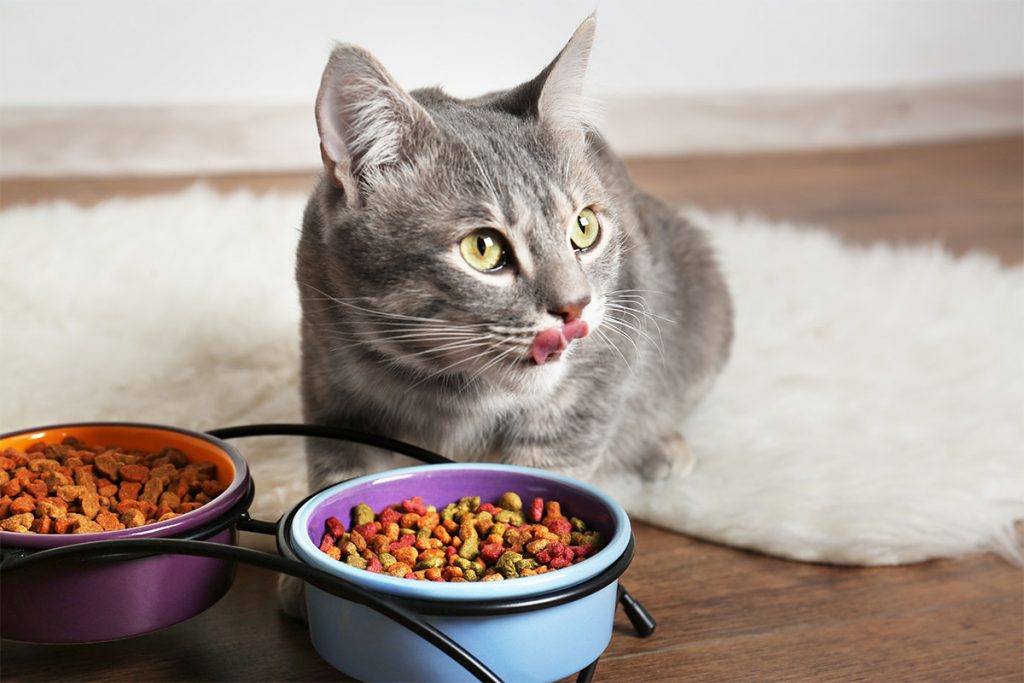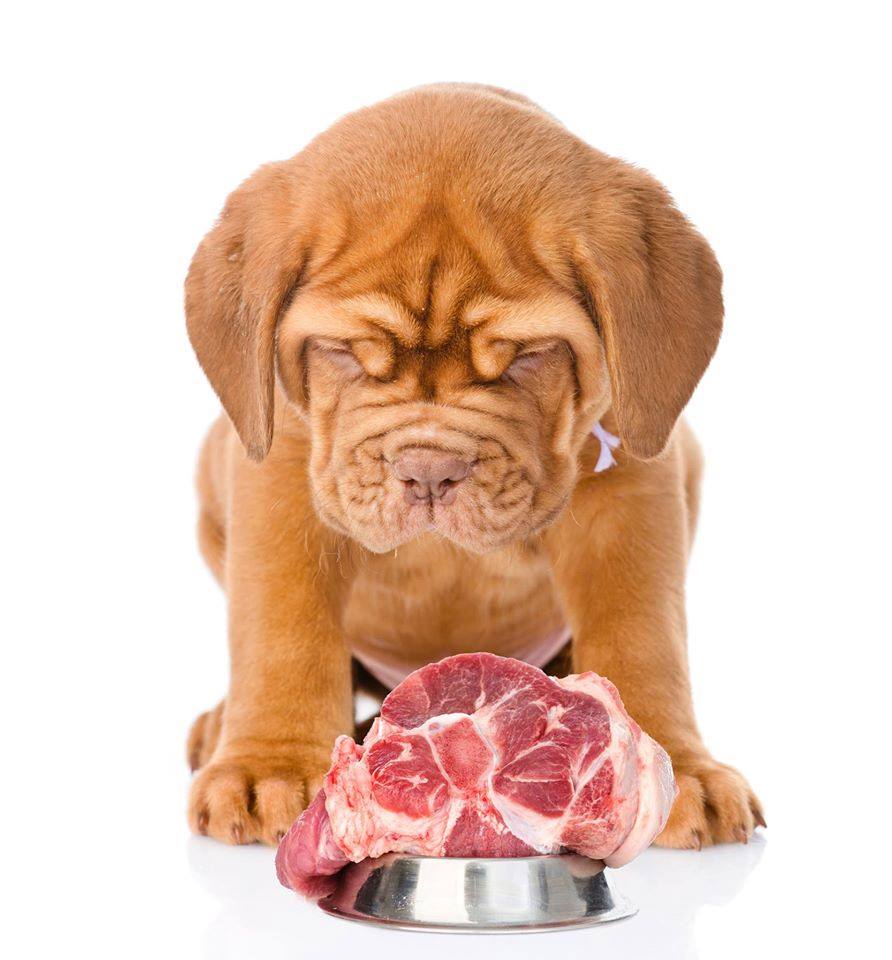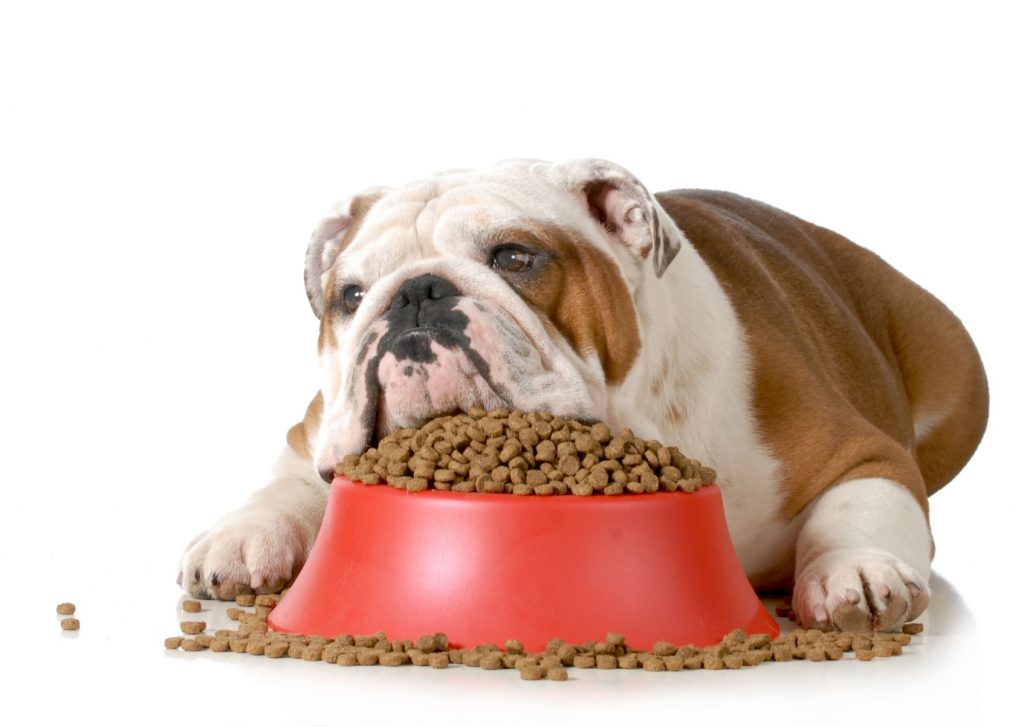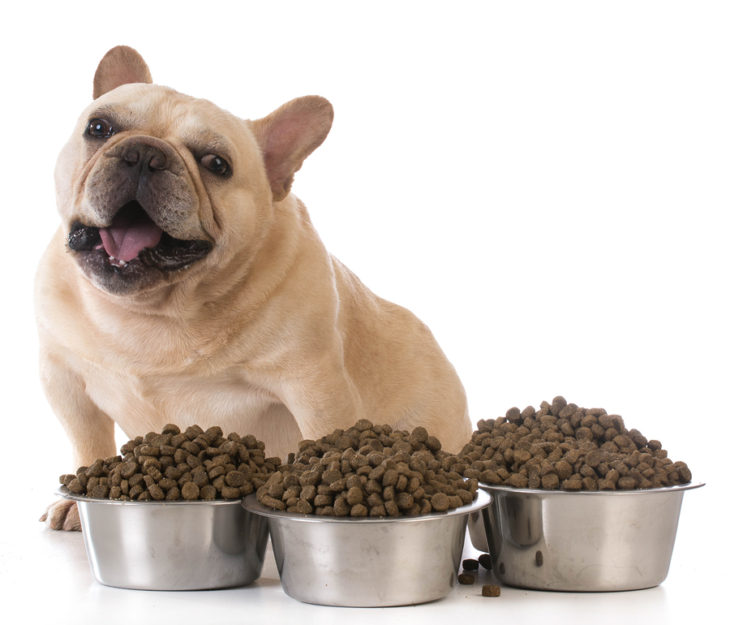 Good nutritional support is incredibly important as it forms the basis for healthy growth and body function throughout our pet’s life.
Good nutritional support is incredibly important as it forms the basis for healthy growth and body function throughout our pet’s life.
This article will be focusing on dogs and cats but please feel free to contact us if you have any questions about your pockets pets or feathered friends as they have very specific dietary requirements.

Most people will feed a commercially prepared food for convenience which is a perfectly balanced diet on its own but you do get what you pay for. Good pet food companies spend millions of dollars on research to come up with nutritionally balanced diets to meet every life stage. Premium foods will be more nutrient dense with less cereal fillers which means you feed less and there is less waste produced (a bonus for us owners responsible for picking-up).
Speaking of cereals, pet food companies have now jumped on the “grain-free” bandwagon. Dogs are omnivorous and are quite capable of digesting small amounts of wheat and other cereals. Of course too much will cause weight gain and bulky stools but very few dogs are actually allergic to grain. Far more common are allergies to certain proteins – beef, lamb or chicken and these allergies should be ruled out with a specifically tailored hypoallergenic diet.
Prescription diets meet specific requirements for a variety of health conditions and these are tested rigorously. Many of our patients are prescribed a special diet after becoming ill and often these diets need to be adhered to for the rest of their lives. They will require regular check-ups to make sure the diet is still appropriate for their needs.
Cats are obligate carnivores and must eat animal protein to survive as their bodies cannot produce certain essential amino acids (such as Taurine) from other sources. For vegan and vegetarian pet owners, this doesn’t mean you need to go out and buy fresh meat as the commercially prepared foods will provide these essential nutrients for our feline friends.
Another diet gaining in popularity is raw food. Many state improved health and vitality for their pets when fed a fresh, raw diet. While this may certainly be the case for some, it can be difficult to meet the nutritional requirements of your pet feeling a solely raw diet and should not be given to young, growing dogs. You should be feeding human grade meat as the preservatives found in pet meat can lead to deficiencies and severe illness. Strict hygiene is also important to maintain during storage, preparation and serving. Meat alone is deficient in many vitamins and minerals and it can be tricky to get the balance just right even when adding in offal, bones and vegetables. So feeding raw only requires much more time and effort as well as a thorough understanding of your pet’s daily needs. If you purchase commercially available raw diets, check the labelling to see if they are a complete diet or just recommended as a supplement.

Perhaps just as importantly, a question we should be asking is, “How much should I feed my pet?” With our busy lifestyles, shrinking back yards and a higher tendency to keep our pets indoors, obesity in cats and dogs has become a major health concern. Indeed, in our practice, approximately 50% of the patients we see are overweight or obese. The super-concentrated, nutrient dense foods now available mean we only need to give small amounts to meet their daily calorific requirements and most of us over-feed our pets. In addition, there are so many different treats and snacks on the market which appeal to our desire to reward our pets and show them love through food. Many of these treats are highly processed and high in salt, sugar and fat so really should only be “sometimes foods”. Instead we should be focusing on providing attention and time in the form of playing, cuddles and walking. Our pet’s mental health (and our own) would be much improved if we spent more time exercising and playing.
So really it all comes down to balance. Feed a good quality food (the best you can afford) and ensure your pet’s specific health requirements are being met. Balance this with daily exercise in the form of a walk or play time and if you want to treat your pet for good behaviour or give an additional snack to help clean their teeth then make sure you substitute out some of their regular food to prevent overfeeding. If they really love to eat then adding in fresh vegetables (for example carrots) can help them feel full and stop them from finishing their meal too quickly. Slow feeder bowls or food dispenser toys can help with this too.
So what do I feed my pets? My spoilt furbabies eat a premium dry food as the basis of their diet with a small amount of fresh meat (either raw or cooked depending on what we are eating), added for taste. They have fresh bones a couple of times per week and my picky, lean dog also has a daily dental treat.
It is important to remember that all animals (even those of the same breed in the same family) are individuals and may have differing nutritional needs. If you ever need advice on what your pet should be eating, please feel free to come in for a visit so we can give you a tailor-made feeding plan. Specific health concerns may require a consultation with one of our vets and we have a complimentary weight-loss program run by our highly trained nurses for those pets who need help trimming down.



